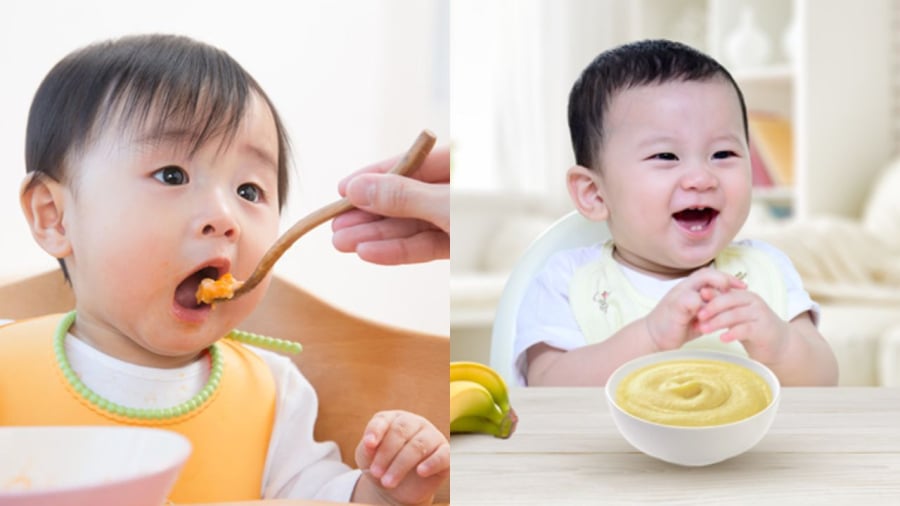They say that children are a reflection of their parents’ karma. Some children come into our lives to repay a debt of gratitude to their parents, making their lives easier. Others come to collect on a debt, demanding much of their parents’ energy and attention.
Children who come to repay a debt of gratitude often exhibit the following traits. See if your child has any of these:
Good Eater, Good Sleeper
A child who eats and sleeps well is a blessing to their parents. These children are easy to care for and don’t require as much effort to raise. Parenting is a demanding task, and when a child doesn’t eat or sleep well, it can leave parents feeling exhausted and worried.

Children Who Eat and Sleep Well Make Parenting Easier
Eating and sleeping are crucial for a child’s development. When a child eats and sleeps well, it’s a relief for parents as it makes caring for them so much easier. These children also bring joy to the family, as there’s nothing more rewarding than seeing your child grow up healthy and happy.
Strong and Healthy
“A healthy child is a happy family.” When a child falls ill, parents will give anything for their recovery. Illness can be draining on parents, both emotionally and financially. It can even disrupt their careers. Sometimes, a child’s illness can cause tension and arguments between parents and grandparents. So, having a strong and healthy child is a blessing and a source of immense happiness.
Cheerful and Content
A cheerful child can melt away their parents’ fatigue. Children who cry less and are generally content show that they are well-adjusted, healthy, and understanding. All children cry, but the frequency and intensity vary. Children who are often playful and less demanding tend to be happier and more self-aware. These children are usually easier to raise.

Well-Behaved and Cheerful Children Bring Happiness to Parents
Self-Disciplined and Independent
Some children are born with a sense of understanding and quickly grasp their parents’ instructions. Others are very independent and don’t rely on their parents for everything. These children are a source of pride for their parents and don’t cause them worry, even when they’re away from home. Teaching children independence helps them grow and develop into strong individuals.
Loving and Respectful
Some children, even at a young age, show great respect and love for their parents. They always think of their parents, whether it’s sharing their food or asking if they’re tired after a long day. These children carry their parents’ image in their hearts.
While parenting plays a significant role in shaping a child’s character, it’s also true that some children are naturally more well-behaved than others, even when raised in the same environment.
As the saying goes, “You can’t choose your child’s nature.” Well-behaved and respectful children are a blessing to their parents. Children who don’t possess these traits are still loved deeply, but they may require more effort and guidance in their upbringing.
For reference only

































